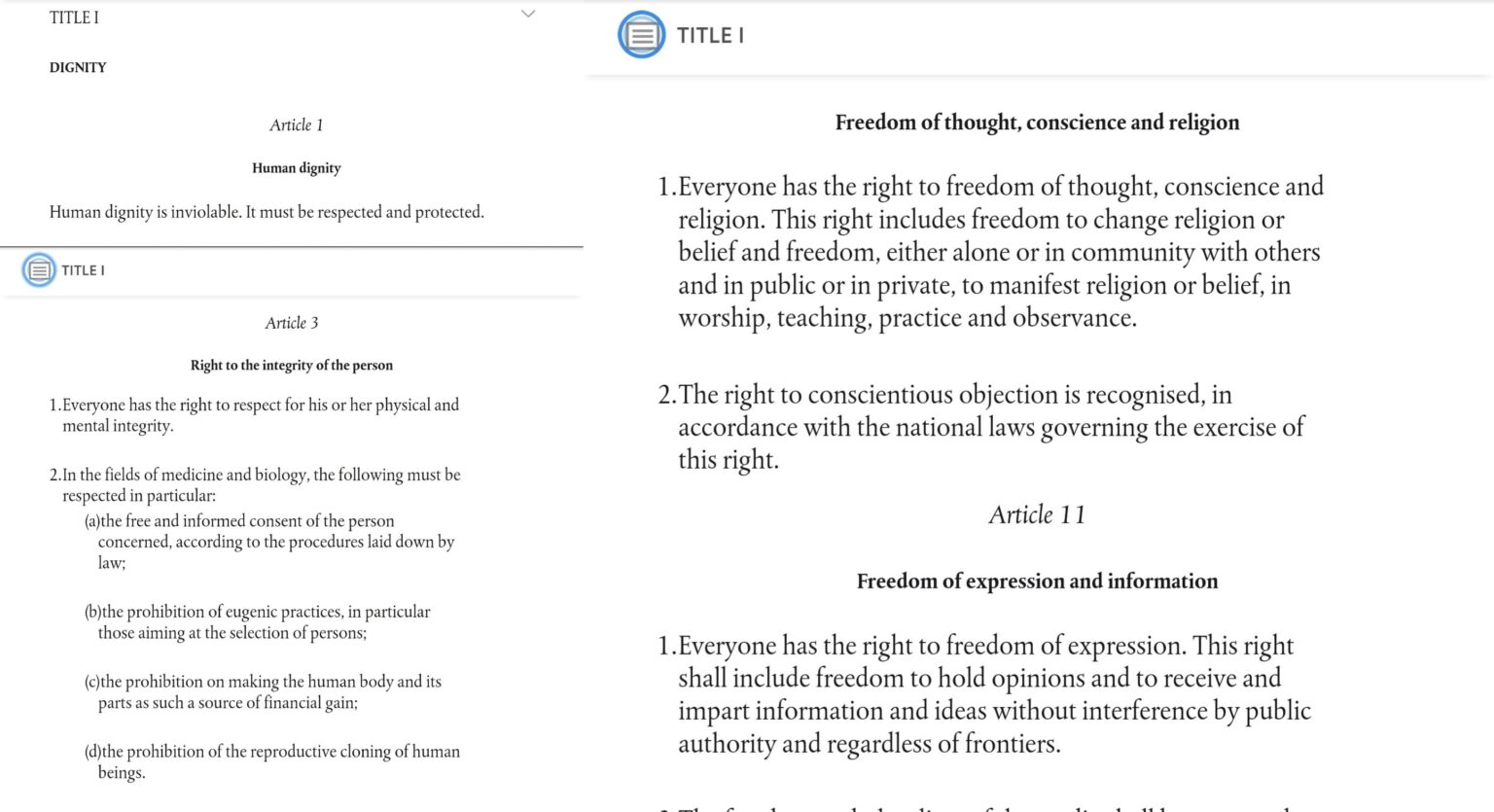RIO DE JANEIRO, BRAZIL – It is time for the EU to consider mandatory vaccination. That was the message issued on Dec. 1 by European Commission President Ursula von der Leyen, as Europe once again becomes ground zero for the Covid-19 pandemic.
Austria has already unveiled plans to mandate vaccines for every resident over the age of 12, becoming the first European nation to take such a step. Under the proposed bill, anyone who refuses to get the Covid-19 shot after Feb. 1, 2022, will face a fine of up to €600 every three months.
Read also: Check out our coverage on curated alternative narratives
The German government is also considering taking a similar step after it recently imposed stricter restrictions on unvaccinated people.
In Greece, which already has some of the highest poverty rates in Europe, authorities have said they will start fining unvaccinated people over the age of 60 €100 for every month they remain unjabbed after Jan. 15. Almost two-thirds of Greece’s 11-million population is fully vaccinated, but more than 520,000 people over 60 still haven’t had the jab.
Watch the press conference with MEP Cristian Terhes (Romania – Christian Democrats), MEP Francesca Donato (Italy – Independent), MEP Stasys Jakeliunas (Lithuania – Greens), MEP Christine Anderson (Germany – AfD), MEP Ivan Sincic (Croatia – Human Shield Party)
Van der Leyen’s proposal to discuss EU-wide mandatory vaccination opens up a massive can of worms. How will the governments of the EU’s 27 member states go about forcing, in most cases, a significant minority — and in cases such as Romania and Bulgaria, a sizeable majority — of the population to take vaccines against their will that have already proven to be incredibly leaky against the Delta variant?
The way things are currently looking, the vaccines could be even less effective against a variant like Omicron, with many mutations.
The overwhelming body of evidence does suggest that the current crop of vaccines does reduce the risk of hospitalization and death resulting from Covid-19. But is that enough in and of itself to justify obligating an entire continent virtually to take them?
What sort of exemptions on medical, ethical, or religious grounds will be allowed? What types of punishments or privations will be meted out to those who continue to refuse to take the vaccine?
Once the precedent of universal mandatory vaccination in the EU is established, will it be extended to other already existing vaccinations such as the flu jab or new vaccinations that come online in the coming years? That would represent a massive windfall for pharmaceutical companies developing innovative gene therapies.
The Covid-19 vaccinations have already generated bumper profits for their manufacturers. As Oxfam recently reported, the companies behind two of the most successful COVID-19 vaccines — Pfizer, BioNTech, and Moderna — are making combined profits of US$65,000 every minute.”
Even as the vaccines’ efficacy against the Delta variant has come under the spotlight, the manufacturers have still managed to increase their prices, as EUObserver reports sharply:
As per their latest deals with the EU, Pfizer and Moderna can now charge €19.50 and US$25.50 for shots. Europeans were paying between €15.50 and US$22.50 on the first orders. Yet, one study by Imperial College London shows that mRNA shots could be produced for as little as US$1.18.
Mission creep indeed infected the EU’s vaccine passport system. In its own regulation 2021/953, the EU stated that “[t]he issuance of [Covid] certificates… should not lead to discrimination based on the possession of a specific category of certificate”.
This fundamental principle was reiterated by Resolution 2361 (2021) of the Council of Europe, Europe’s foremost human rights organization.
Yet many EU Member States have used the EU’s Green Pass legislation to justify visiting unprecedented discrimination upon those who do not possess a vaccine certificate, with both Austria and Germany even going so far as declaring a so-called “lockdown of the unvaccinated.”
The long-term risks of the vaccines are also as yet unclear. More than a million adverse events have already been reported to the European Database of Suspected Adverse Drug Reaction Reports (EUdraVigilance), the EU’s equivalent of VAERS.
In addition, the EU — like most jurisdictions — has granted the vaccine manufacturers wide-scale immunity from liability if anything goes wrong.
Any compensation for vaccine injuries will probably have to come from the respective national governments.
These are all significant issues that will hopefully be considered in any public debate about mandatory vaccination.
Unfortunately, under the current state of affairs, it is all but impossible for the European Union to hold an open, transparent discussion on these issues since most EU lawmakers do not even have the necessary information at their disposal to reach a sound, informed decision.
In many cases, they do not even know who has negotiated the deals with the vaccine makers on behalf of EU citizens.
The Commission’s agreements with the vaccine manufacturers earlier this year are also shrouded in secrecy, even for Members of the European Parliament (MEPs).
Five MEPs from the Greens/EFA Group have submitted a case applied to the European Court of Justice alleging “implicit refusal” from the Commission to provide access to information regarding the vaccine contracts, as Euractiv reported in October.


